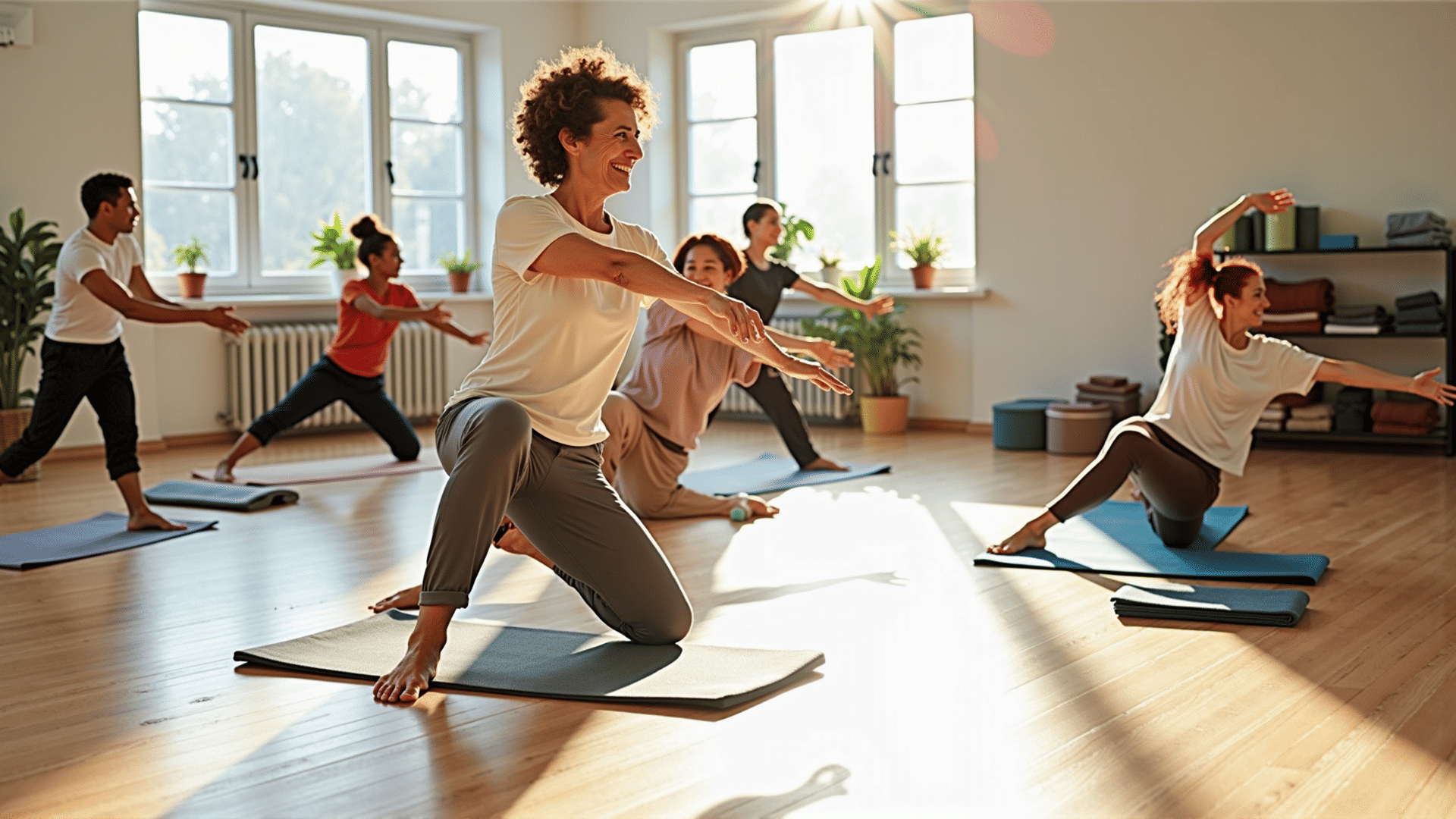Incorporating exercises that enhance one's flexibility is a powerful approach to nurturing overall wellness. This commitment to regular practice not only amplifies physical agility but also fosters mental clarity and emotional balance. By integrating these routines into our daily lives, we can enjoy a richer connection with our bodies, leading to improved function and a sense of well-being.
To begin exploring the benefits of enhanced flexibility, it's helpful to understand what flexibility entails. It's the ability of joints and muscles to move through their full range of motion without strain, allowing for more graceful movements and resilience. As we age, maintaining flexibility can become a challenge, but with dedication, it significantly reduces the risk of injury and enhances overall physical performance.
One way to introduce flexibility exercises is through a routine that includes yoga or tai chi. These ancient practices blend movement with breath and mindfulness, creating a holistic approach to physical and mental health. Yoga, for instance, offers various asanas that focus on stretching different muscles, improving both flexibility and strength. Tai chi's slow, intentional movements bolster balance and coordination, making it particularly beneficial for those seeking to age gracefully.
Pilates is another excellent choice for those aiming to improve flexibility. This low-impact exercise regimen emphasizes core strength while encouraging muscle elasticity and joint mobility. By concentrating on controlled movements, Pilates provides the dual benefit of toning the body and enhancing flexibility, making it a popular choice for individuals across all fitness levels.
Active stretching is an essential component of any flexibility routine. Unlike static stretching, which involves holding a stretch for a period, active stretching engages muscles in their entirety, promoting dynamic flexibility. Incorporating exercises such as leg swings, arm circles, and spinal twists into your warm-up can prepare the body for more intensive physical activities.
Consistent practice of flexibility-enhancing exercises can also have profound effects on mental health. The mindfulness component present in activities like yoga and tai chi encourages a meditative state, reducing stress and promoting emotional stability. These practices have been shown to lower cortisol levels, ease anxiety, and improve overall mood. By fostering this mind-body connection, individuals often find themselves more focused and energized in their day-to-day lives.
Alongside these exercises, maintaining a balanced lifestyle plays a crucial role in supporting flexibility. Adequate hydration ensures that muscles remain supple, and a diet rich in omega-3 fatty acids and proteins supports muscle repair and joint health. Sleep, too, is vital; it allows the body to recover and rejuvenate, further underscoring the holistic nature of well-being.
Ultimately, enhancing flexibility is more than just a physical endeavor; it is a commitment to embracing a more balanced and mindful way of living. By weaving these practices into daily life, we cultivate both a strong, agile body and a resilient mind, paving the way for a healthier, more fulfilling existence.
